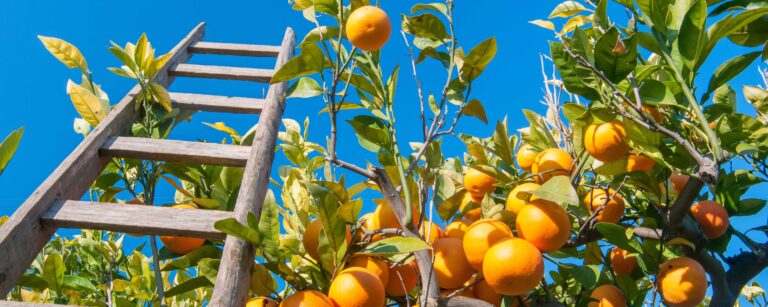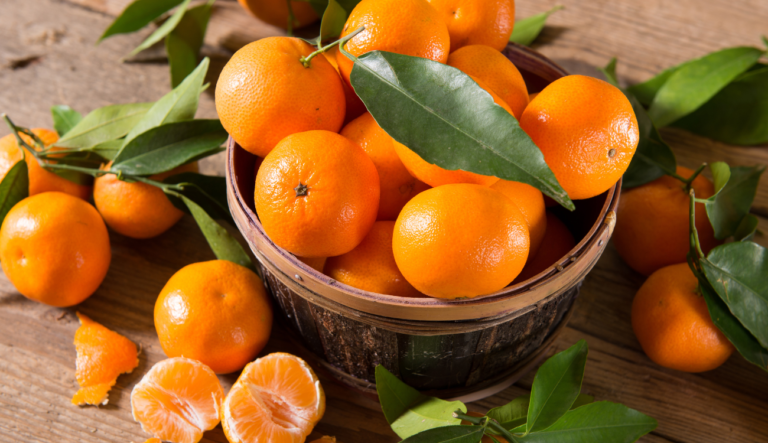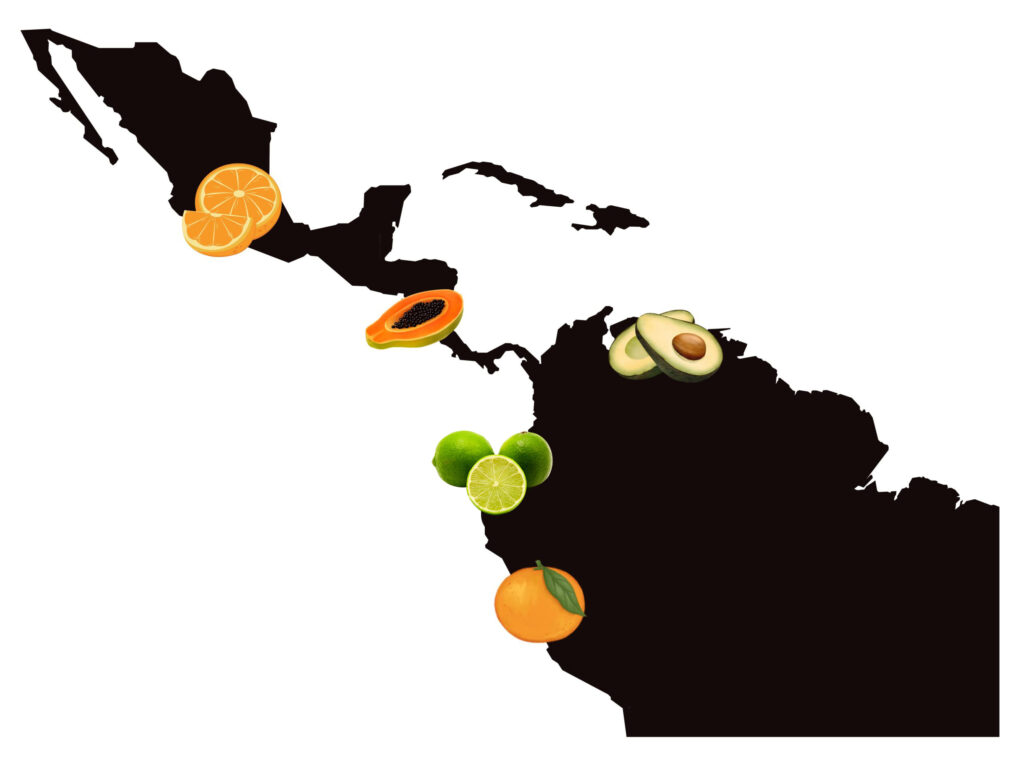In today’s world, the demand for fresh produce is soaring as consumers become more health-conscious and embrace healthier dietary choices. As the global economy expands, the fruit and vegetable exportation industry is faced with both opportunities and challenges. However, as we strive to meet these demands, it is crucial to focus on sustainable farming practices that not only ensure profitability but also protect the environment and promote social responsibility.
The environmental impact of fruit and vegetable exportation and the need for sustainable farming practices
The extensive use of chemical fertilizers, pesticides, and transportation contribute to greenhouse gas emissions and soil degradation. To address these challenges, it is important for farmers to adopt sustainable farming methods.
By using organic fertilizers, crop rotation, and integrated pest management techniques, farmers can minimize the negative impact on the environment. Implementing agroforestry practices, such as planting fruit trees alongside crops, promotes biodiversity and enhances soil health. These innovative approaches also reduce the need for chemical interventions, ensuring the long-term sustainability of farming.
Innovations in sustainable farming techniques that promote biodiversity and soil health
In recent years, there has been a growing interest in sustainable farming methods that prioritize biodiversity and soil health. For instance, the concept of regenerative agriculture has gained momentum. This approach focuses on utilizing natural resources and ecosystem services to raise soil fertility and increase biodiversity.
The use of cover crops, which preserve the soil’s moisture and prevent erosion, has also been widely adopted. These crops not only add nutrients to the soil but also act as natural pest control, reducing the need for chemical interventions. Additionally, precision agriculture technologies, such as drones and sensors, enable farmers to monitor crops more efficiently, optimizing resource allocation and minimizing waste.
Addressing social and economic challenges in fruit and vegetable exportation through fair trade practices and ethical sourcing
While sustainable farming practices are crucial for environmental conservation, they are also essential in ensuring social and economic fairness within the industry. Fair trade practices and ethical sourcing play a fundamental role in promoting a just and equitable supply chain.
By establishing fair trade agreements, farmers are guaranteed fair wages and better working conditions. Moreover, these agreements foster community development, allowing local farmers to invest in infrastructure and education. Additionally, ethical sourcing ensures that environmental and social standards are met, protecting vulnerable communities and ecosystems from exploitation.
The future of sustainable farming: embracing technology and circular economy models for a more resilient industry
As the world grapples with the challenges of climate change and resource scarcity, the future of sustainable farming lies in embracing technology and circular economy models. Technologies such as vertical farming, hydroponics, and aquaponics enable year-round production in controlled environments, reducing water consumption and land use.
Circular economy models, which prioritize the recycling and repurposing of waste, are also gaining traction. Innovations such as biofuels and bioplastics made from agricultural byproducts contribute to a more sustainable and resilient farming industry. These practices not only reduce waste but also generate additional revenue streams for farmers.
In conclusion, sustainable farming practices are vital for the fruit and vegetable exportation industry to thrive in a rapidly changing global landscape. By addressing environmental, social, and economic challenges, we can ensure a healthier planet and a more resilient industry. For more information on how our company MARABELLA is contributing to sustainable agriculture, please contact us.







